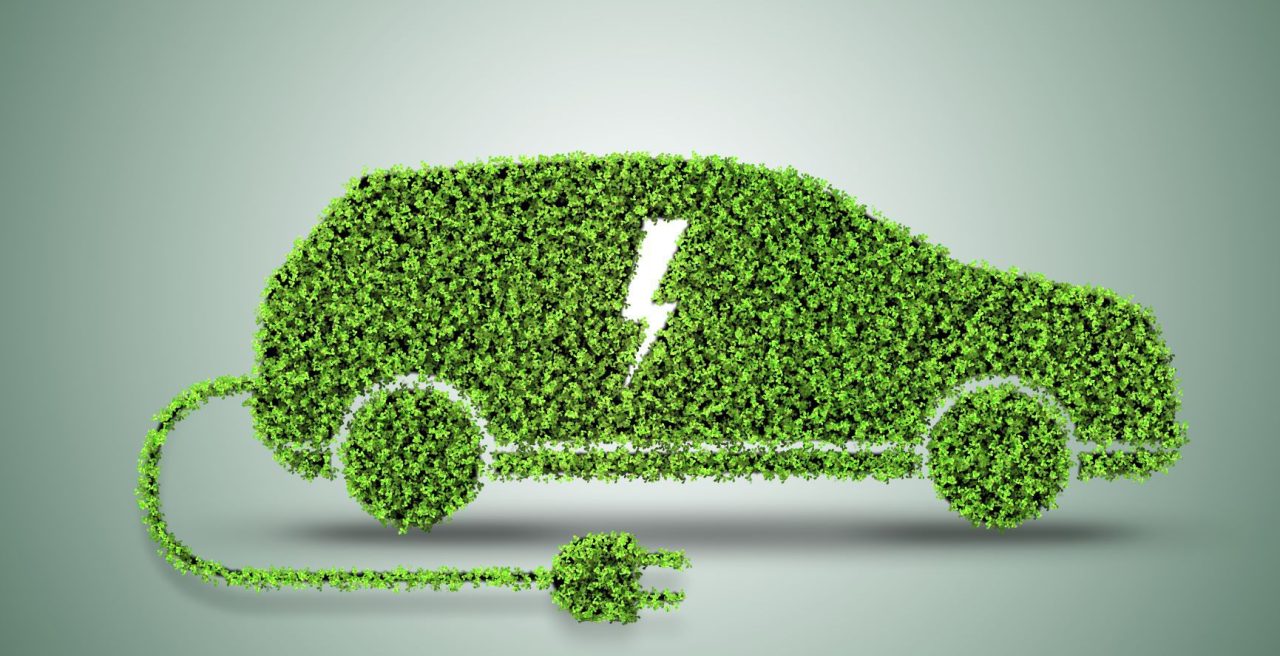It appears that many people are still rather wary about buying an electric car. Despite various efforts, the share of cars having an electric battery is still limited in Flanders. It was only 1.94% in December last year. According to the Flemish objective, this should rise to 7.5% by 2020.
That is why the Flemish government launched a campaign entitled “Van Euh? naar Aha!” (From Huh to Aah!”) at the start of 2019, the aim of which is to better inform people on the market supply, environmental impact and action radius of electric vehicles, availability of charging stations, etc. to boost electric vehicle car sales. In addition, it launched a group purchase for electric vehicles and charging stations entitled “SamenElektrisch” (Going Electric Together”).
The group purchase allows consumers to choose from one of the following models (Nissan Leaf, Hyundai Kona, Peugeot Ion and Renault Zoe) and to benefit from a reduced price and additional promotions. In addition to the four cars, also the charging infrastructure has also been included in the group purchase.
"The market share of electric vehicles in Flanders amounted to 1.94% at the end of 2018.
Only 1/3 of the Flemish people correctly estimate the number of electric cars in Flanders. 2/3 overestimate the market share."
Everyone electric?
Is Flanders ready for the electric turnaround and to what extent are the Flemish interested in “Going Electric Together"? The results of our survey show that only 16% of the Flemish were initially interested in such an initiative (albeit without having learnt of the precise terms and conditions). In this regard, one notices no great differences between men and women.

However, what is worth noting are the large differences between the age categories: the older the people, the less interest. Among the younger people (18-24-year-olds), 41% indicate that they are interested. That is only 10% in the group of 45-54-year-olds and 12% among the 55-64-year-olds. However, the figures for those aged over 65 years are remarkable: it appears that only 2% of them have an interest in such a campaign.
The Flemish seem to be rather insensitive to such promotional campaigns. As a matter of fact, four out of five Flemish people (84%) do not change their opinion regarding the group purchase after they have seen the 4 models and the accompanying terms and conditions.
Most popular model
The Renault Zoe R90 clearly stands out above the other models proposed. No fewer than 35% of the Flemish people would prefer this model. The price (including the subsidy) and the look of the vehicle, in particular, appear to be the decisive factor.
The Hyundai Kona (28%) takes second place, followed by the Nissan Leaf (23%) and the Peugeot iON (14.6%).
Future green transport?
Profacts performed a similar study in 2017 and when we check for the readiness to change over to a hybrid or electric vehicle as future means of transport, one can even detect a slight decrease compared to what was established in 2017.
My future car will be a:

The most important reasons not to switch to an electric car still appear to be the same as two years ago. 38% states the purchase price as the most important barrier (vs 35% in 2017) withholding them from purchasing an electric car. The limited action radius is still a sticking point (17% in 2019 vs 22% in 2017). The limited number of charging stations is also one of the arguments often heard against switching to green transport (15% in 2019 vs 16% in 2017).
It is thanks to these types of initiatives by the Flemish government that increasingly more Flemish people are driving in an environmentally friendly manner. Yet, it looks like more efforts will need to be made to convince more people to opt for electric vehicles.
(*) Online survey conducted in February 2019 among 604 Flemish people (+18), representative sample



